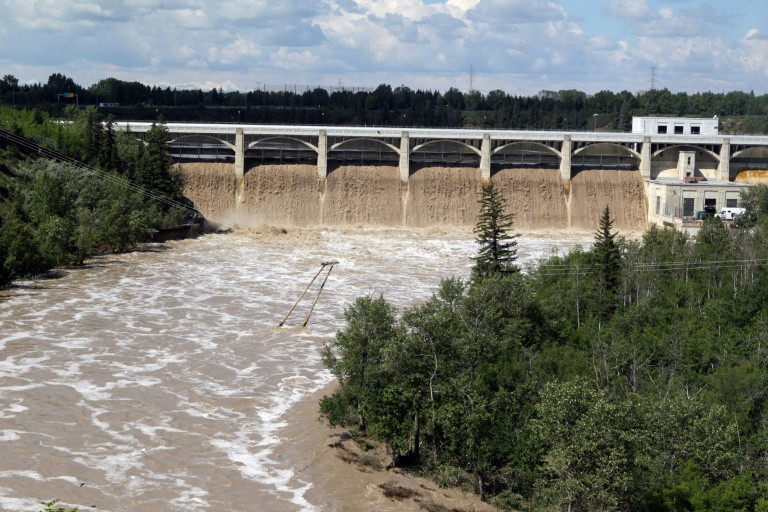
Environmental groups had mixed reactions to Canadian plans to expedite environmental reviews of mines, pielines and dam projects
Canada unveiled plans Thursday to speed up environmental reviews of mines, pipelines and dam projects, placing the approval process under a single agency.
The overhaul, which must be approved by parliament, is intended to pare back a welter of environmental review processes that Environment Minister Catherine McKenna said has resulted in "polarization and paralysis," and to restore protections eliminated under the previous Tory administration.
The Impact Assessment Agency of Canada, a new government office created under the plan, would be given sole responsibility for environmental assessments of major resource projects.
Reviews would be required to take no longer than two years.
"The legislation today aims to strengthen Canadians' trust in the way the federal government takes decisions on major projects like mines, pipelines and hydro dams," McKenna said.
She said the changes would "increase investor's confidence, strengthen our economy and create good middle-class jobs."
"It will also make the energy and resource sectors more competitive."
Environmental groups had mixed reactions to the 300-page omnibus bill. The Sierra Club, for example, applauded the "improvement in overall environmental processes" while the World Wildlife Fund said it does not go far enough.
Green Party leader Elizabeth May said in a statement that "the legislation falls far short of returning us to the environmental standards" lost in 2012.
The government estimates that Can $500 billion (US$397) billion in projects are expected to come up for review over the next decade.
The types of impacts studied would be expanded to include long-term health, social and economic effects as well as the environment.
And, projects would have to be consistent with Canada's international climate commitments.
Government monies would be made available for public participation. The public would also be consulted earlier in the process as a means of encouraging consensus.
Decisions would be science-based, but consideration of indigenous knowledge would be mandatory for all reviews.


